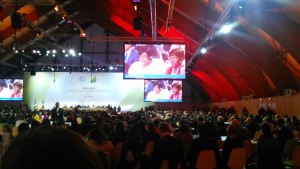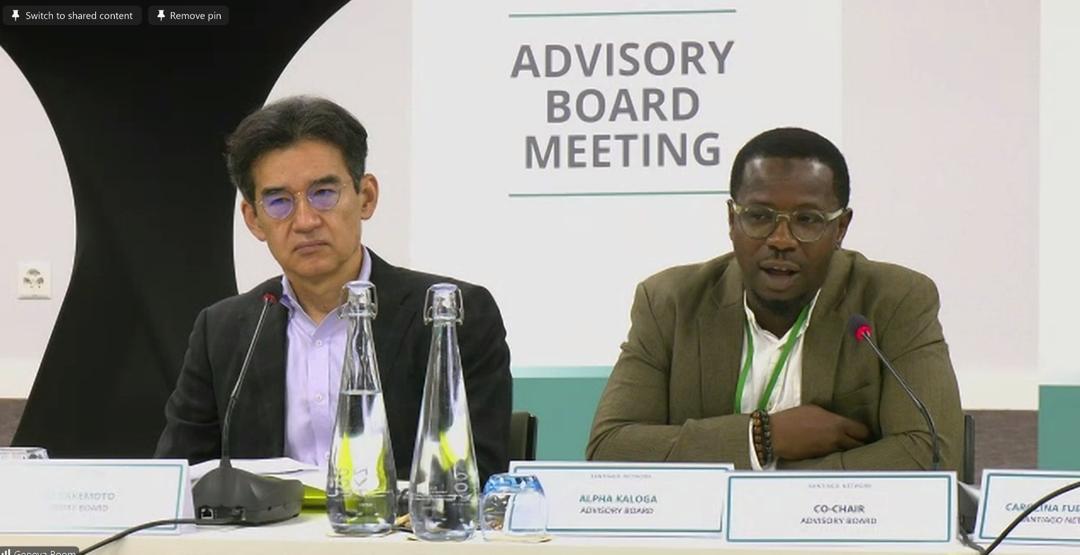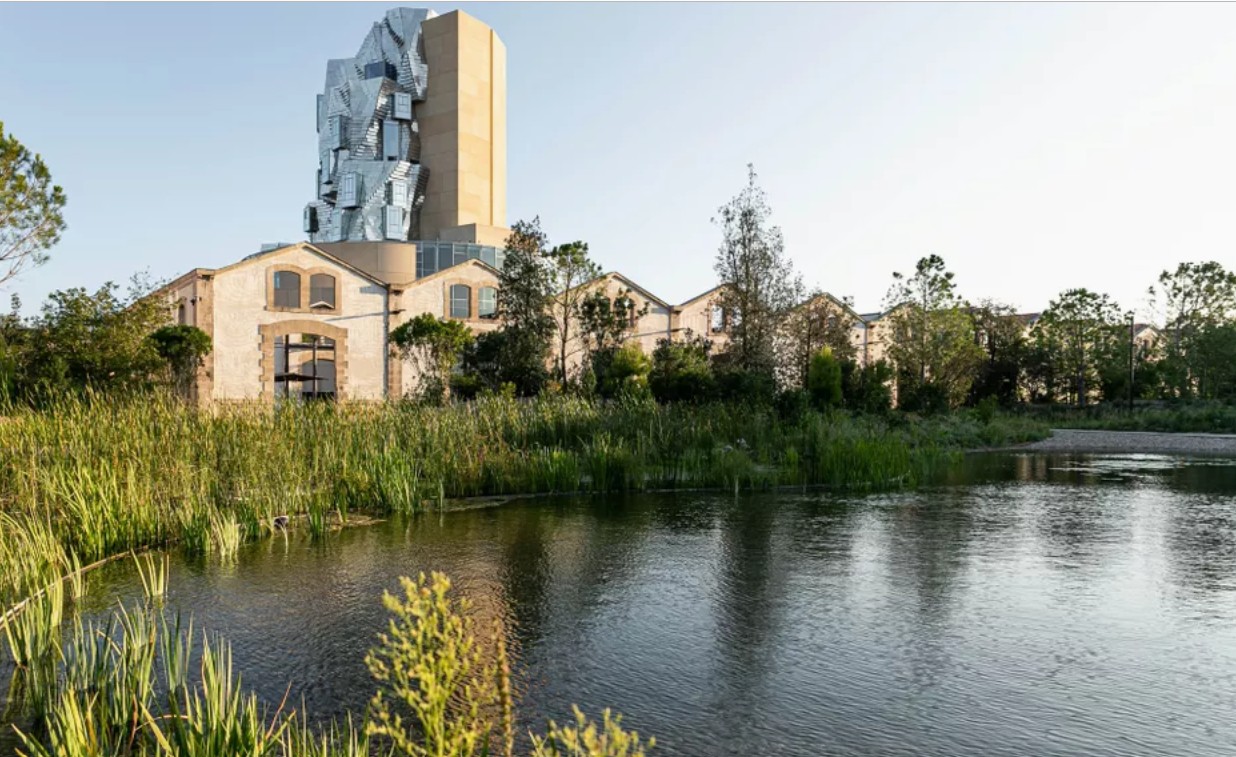Actualité
Adaptation
Afrique
Climat
climate finance
Développement Durable
Energie
Energy
enjeux
Ethiopia
Éthiopie
Finance climatique
Pays
Publication récente
Sustainable Development
ACPC, Climate finance, Edna Molewa, Fatima Denton, Houmi Ahamed-Mikidache, Paris Agreement, Tosi Mpanu Mpanu
ERA ENVIRONNEMENT
0 Commentaires
Linking the Paris Agreement to sustainable development
Linking the Paris Agreement to sustainable development
By Houmi Ahamed-Mikidache
The African Union Commission (AUC); the African Development Bank (AfDB); the United Nations Environment Programme (UNEP) and, the United Nations Framework Convention on Climate Change (UNFCCC) will host a high level panel discussion in Addis-Ababa (Ethiopia) on 2 April 2016. It will be held in parallele of the the African Development Week hosted by the Economic Commission for Africa (ECA) and the African Union (AU), started from 31 March until 5th April.
The Safeguarding pathways to sustainable development
The high level panel discussion titled “The Paris Agreement: Implications for Green Growth in Africa” will be an opportunity to provide guidance,  pathways and strategies for the ease of the implementation of the Paris agreement prior to its coming into effect in 2020, according to a press release from the Africa Climate Policy Centre of Economic Commission for Africa (ACPC). Approved last december by 196 parties to combat Climate Change, the Paris Agreement has 32 decisions. It aims to replace the second commitment period of the Kyoto Protocol which expires in 2020. Africa emits less than 4% of the greenhouse gas emission. But all parties have « to ensure they achieve the dual objective of controlling global warming while safeguarding pathways to sustainable development,” recalls experts.
pathways and strategies for the ease of the implementation of the Paris agreement prior to its coming into effect in 2020, according to a press release from the Africa Climate Policy Centre of Economic Commission for Africa (ACPC). Approved last december by 196 parties to combat Climate Change, the Paris Agreement has 32 decisions. It aims to replace the second commitment period of the Kyoto Protocol which expires in 2020. Africa emits less than 4% of the greenhouse gas emission. But all parties have « to ensure they achieve the dual objective of controlling global warming while safeguarding pathways to sustainable development,” recalls experts.
The main instruments of the Paris Agreement, are the national action plans namely now Nationally Determined Contributions (NDCs). It aims to limit global warming below 2 o Celsius. To achieve the 1,5° required by the IPCC*, the Paris Agreement specifies that there is commitment to review national pledges every five years. Fifty- three out of fifty-four- African countries have submitted their national action plans, affirms a few days ago Dr. Abdalla Hamdok, Chief Economist and Deputy Executive Secretary of the ECA , in a meeting on renewable energy in Addis-Ababa. For Fatima Denton, Director of the ECA Special Initiatives Division and Coordinator of the ACPC, Africa countries have to coordinate their strategies to adapt and to mitigate in a sustainable way.
“During this pre-2020 period, the focus is expected to be on consultations to revise the NDCs, raise the levels of ambition, and prepare implementation and associated resource and investment plans that are aligned with national development priorities. Capacity and institution building will be important in this phase to allow for the proper planning, implementation and monitoring of NDC related activities,” she points out recently.
Climate finance: the key issue
Around 621 million people in Africa have no access to electricity, according to the Africa Progress report 2015. » In Nigeria, an oil exporting superpower, 93 million people lack electricity. Angola has five times the average income level of Bangladesh but Bangladesh has far higher levels of access to electricity (55 per cent versus 35 per cent), » indicates the report. In december, in Paris, during the COP 21, African head of States launched the African Renewable Energy Initiative with partners to boost renewable energy on the continent to at least ten gigawatts of capacity by 2020 and at least 300 GW by 2030. They also launched the African Initiative on adaptation to climate change with the aim to bring particularly early warning systems . Climate Change is already affecting the world, and Africa is one of the most vulnerable continent to changing climate, observers say.
But, concerns are raised regarding the climate finance, specially for adaptation activities. According to the UN Environment Programme, the costs of the climate adaptation for sub-saharan Africa is estimated to $67bn by 2050. In Copenhagen in 2009 and in Cancún in 2010, developed countries committed to jointly raising $100 billion per year by 2020 to help developing countries fighting climate change. One of the sources of this climate finance is the UN Green Climate fund. With $10.3 billion, GCF’s current pipeline includes 22 private and public projects with a total value of over USD 5 billion. But there is a long way to go for funding the Green Climate Fund, observers note. The $100 billion pledged in Copenhagen should include private and public sector money for adapation and mitigation projects. But for LDC* group’s chairman and board member of the Green Climate Fund, Tosi Mpanu Mpanu, interviewed recently by public finance international, financing climate change is problematic. There is no common definition of climate finance and accounting methodology is not impartial. Climate finance should be « new and additional », and not part of the development assistance, Mr Mpanu Mpanu explains to the online magazine. But his point of view is not new. It is similar to many in Africa and outside.
At the closing session of the COP 21, speaking on behalf G77+China*, the environment minister of South Africa, Edna Molewa, raises concerns and pledges for futher discussions on increasing climate finance.« Given the exceptional nature of the Paris Climate Change Conference and our focus on securing an ambitious and fair Paris Agreement, a number of key issues related to the COP finance agenda unfortunately could not receive the appropriate consideration, particularly issues related to long-term finance and the guidance to the Standing Committee on Finance. We expect to come back in Morocco with substantive discussions on increasing finance ambition pre-2020, » she said.
In 22 April, there will be a formal signing ceremony of the Paris Agreement at the United Nations in New York. The agreement will enter into force when at least 55 countries representing at least 55% of global emissions have ratified it.
*LDC Group: Least Developed Countries Group includes 48 countries with 34 african countries
*G77+China: Founded in 1964, the G-77 plus China has actually 133 members, from different countries, the African States, the Small Island Developing States and the group of Least Developed Countries
*IPCC: Intergovernmental Panel on Climate Change
Share this content:



